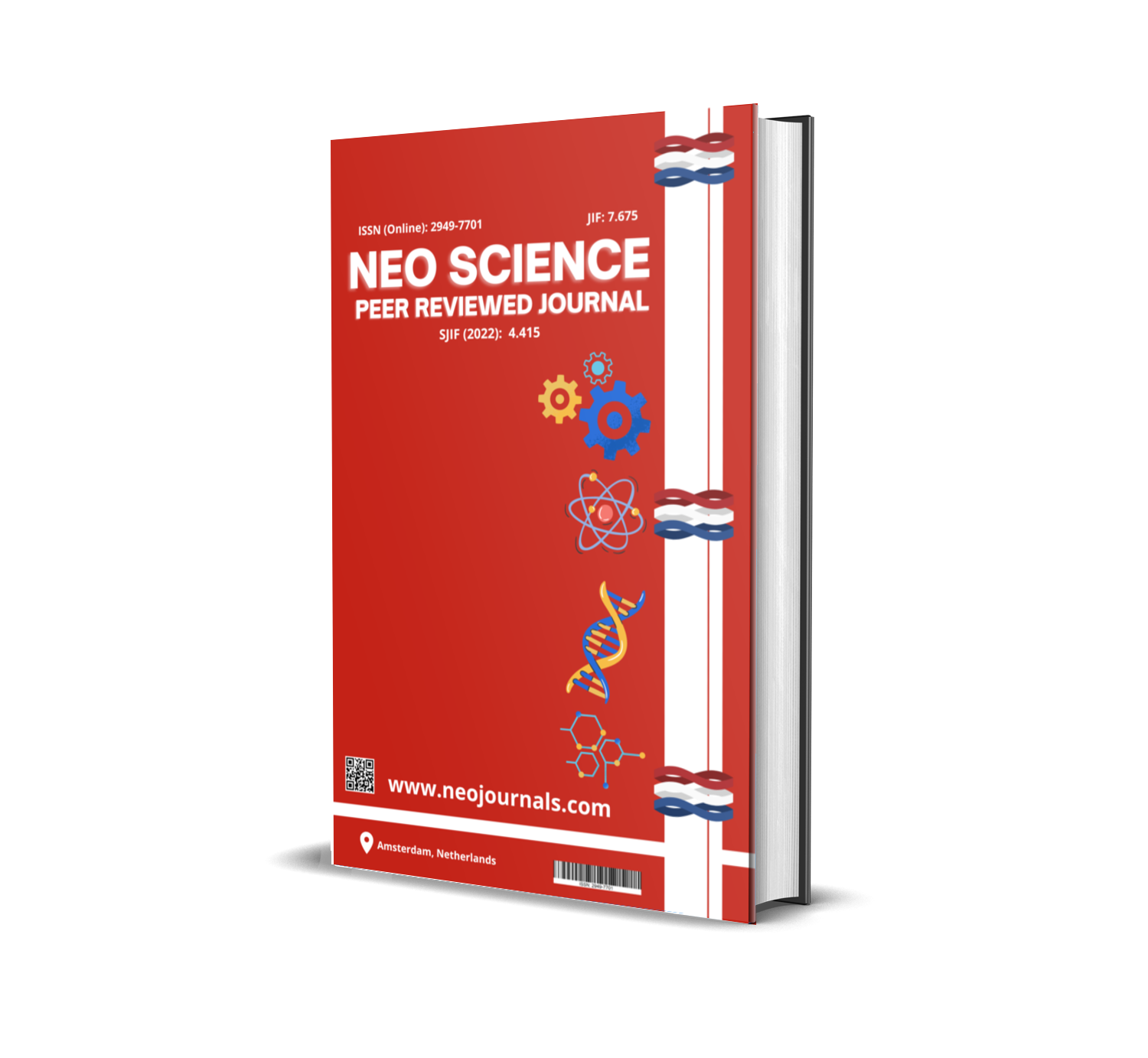The Applicability of Chankaya's Thoughts in Today's Politics
Keywords:
Chanakya, Corruption, EthicsAbstract
Chanakya, the great statesman and philosopher, is regarded as the forefather of Indian politics and economics, and is ranked with Machiavelli, Aristotle, and Pluto in Western history. His publications, Arthashastra and Chanakya Neeti-shastra, are being read again as eloquent works on politics, welfare, war strategy, foreign policy, wealth development, and moral guidance for administrators and society as a whole. However, it has been nearly 2000 years since Chanakya (350-275 BCE) cleared the way for the formation of the powerful and dominant Maurya Dynasty. The vision, morality, and mechanisms of the country and its people have not only altered, but have become completely different. In the minds of today's Indians, Chanakya has nearly mythical status. Students are told stories about his wisdom and counsel in history classes. No study of the Mauryan Empire's rise and demise is complete without diving into Chankaya’s brilliant plan and important position to the king. He is regarded as a forefather of political science and classical economics. His book Arthashastra, a treatise on governance, military, and economic policy, bears witness to his brilliance. Furthermore, his advising position to Chandragupta Maurya, the creator of one of India's greatest royal dynasties, elevates him to a revered and fearsome figure. The study sheds light on a variety of areas where Chankaya’s ideas might be implemented in today's environment. The purpose of this study is to examine the relevance and applicability of Chankaya’s ideas in today's reality with special reference to Indian politics.







